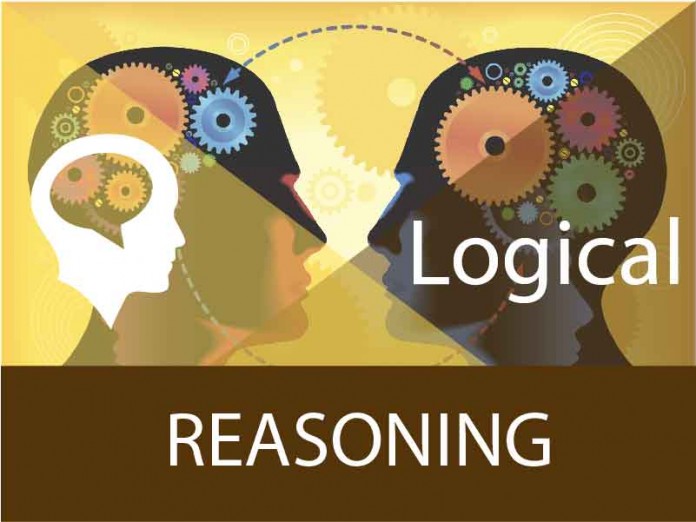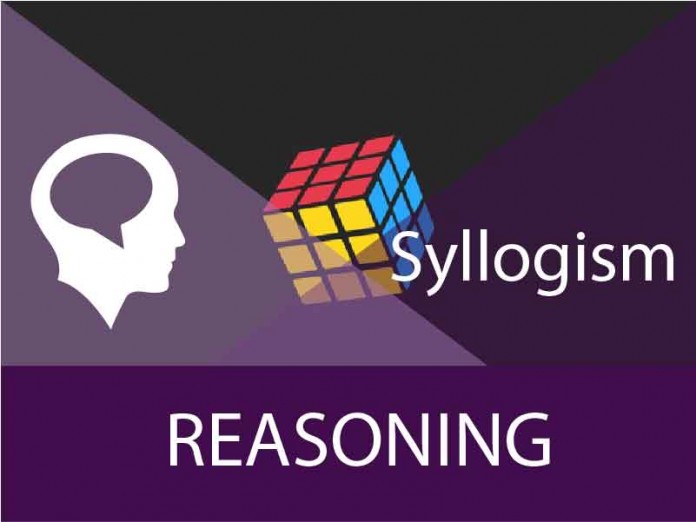What is Net Neutrality
| Get Regular Updates On a Daily Basis
[wysija_form id=”1″]
|
[do_widget “Recent Posts”] |
 Net neutrality –
Net neutrality –
Net Neutrality (or Internet neutrality) is the idea that broadband Internet Service Providers (ISPs), Comcast, Time Warner Cable, Verizon and others, should treat everything that flows across the Internet equally. If the principle of net neutrality is adhered to, then:
- Whether we are reading the news or browsing photographs on the web, we get the same internet speed.
- All ISPs open all (legal) websites whether they like it or not. They do not slow down access to Facebook or speed up access to YouTube. They can’t’ charge extra money from Twitter or Flickr for speeding up connection to these websites.
In other words, it is the principle that ISPs and governments should treat all data on the Internet equally, not discriminating or charging differentially by user, content, site, platform, application, type of attached equipment, and modes of communication.
Benefits of Net neutrality:
- Creates a level-playing field for all web services and websites. Whether it is a blog owned and managed by one person or Facebook which employs thousands of engineers, all websites have access to the same connection speed.
- Freedom of speech.
- It is up to a user to access what he wants on the web.
Why Net Neutrality is in news-
- The principle of “Net Neutrality” was struck down by a US Federal appeals court on January 14, 2014. However, the court doesn’t invalidate the idea of net neutrality. It only stated that the 2010 FCC rules have no legal basis.
- Outcome of the court ruling: Internet Service Providers (ISPs) could slow or block traffic of competitors and privilege sites of commercial partners.
Why do some companies not want to follow net neutrality –
The perspective of Powerful ISPs regarding net neutrality is that –
- They should be allowed to shape and manage the internet traffic the way they want because that is the future.
- Building internet infrastructure is expensive and as more and more people connect to the web and new services viz. YouTube, Netflix, etc, which consume lots of bandwidth, come online; they have to shape traffic to maintain quality.
- When companies like Google are making huge sums of money from services like YouTube, which has high bandwidth requirement, they should be allowed to charge for connecting consumers to these services.
- Traffic also needs to be shaped so that some services can get higher priority over others. ISPs stated that internet speed for essential services like credit card payment should get priority over opening videos, etc.
- They also want a share in the money companies viz. YouTube, Netflix, etc, are making.
What is the status of net neutrality in India-
Legally, the concept of net neutrality doesn’t exist in India. Telecom Regulatory Authority of India (TRAI) regulates the telecom industry, has tried to come up with some rules regarding net neutrality several times. No formal rules have been formed to uphold and enforce net neutrality. Yet, in spite of lack of formal rules, ISPs in India mostly stick to the principal of net neutrality. There have been some incidents where Indian ISPs have ignored net neutrality but these are few and far between. Recently a debate on Net neutrality came up when several famous online messengers started offering voice and video calling. Several surveys and directly communication with public through voting was made. But in our view net neutrality is a right of every citizen. If net will not be free or will be biased to some companies it will be a blockage on development of society in this country. Internet in past many years has transformed itself from a knowledge base to a full utility. Our day to day needs are being furnished through internet.
[do_widget text]




















 Hello Readers,
Hello Readers,



